|
The May long weekend is usually the holiday that Canadians look forward to the most. The unofficial start of summer is synonymous with a trip to a lake, beach or campground and maybe a few fireworks with friends. For elementary and high school students, the Victoria Day holiday also is a sign that the school year is almost over and soon it will be summer break. So how do you celebrate this year, when trips to the lake are frowned upon and school’s been out since March? We Canadians are an imaginative bunch and I’m sure all of you have plans to adapt this long weekend in a way that will still result in fun and good feelings. To help, I’ve assembled some of my favourite “feel good” articles from The Conversation network – including an inspirational story about how a man in solitary confinement wound up being a published author in a respected mathematics academic journal. And in normal years, this is the weekend we would be in the garden or enjoying nature and its critters. We've got gardening covered, and you can also read about hummingbird wings and the differences between squirrels and chipmunks.
Have a great long weekend no matter where you are and what you’re doing. Our team is taking the extra day in the weekend to catch our breath, so we’ll be back in your Inbox on Tuesday.
|
Long Weekend Reads
|

Marta Cerruti, McGill University
Christopher Havens came upon his love of math while in solitary confinement. A decade later, he published a paper on number theory in a top mathematics journal.
| |
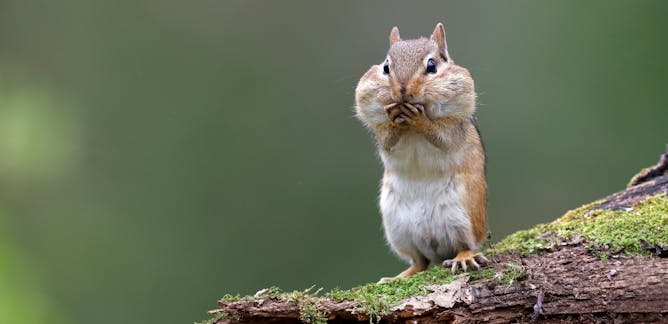
Andrea Wishart, University of Saskatchewan
Squirrels and chipmunks are distant cousins who have grown a little more apart from each other over millions of years.
|
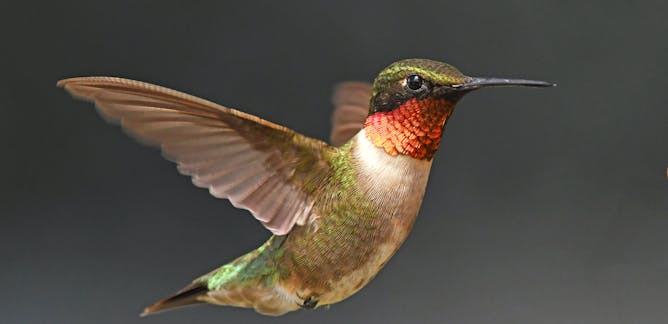
Ilias Berberi, Carleton University
Studying bird evolution has led to engineering innovations, including drones that can fly sideways and backwards, and silent wind turbines.
| |
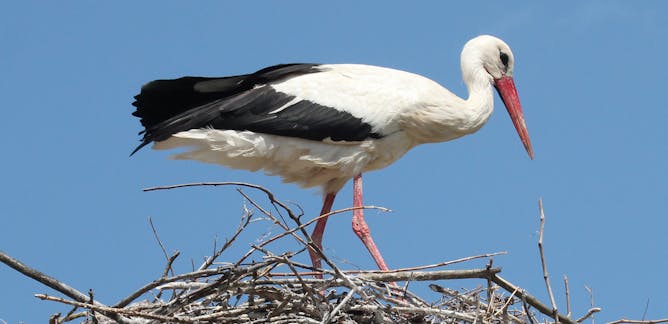
Alexander C. Lees, Manchester Metropolitan University; Oliver Metcalf, Manchester Metropolitan University
Storks – those harbingers of new life – are breeding in Britain again.
|
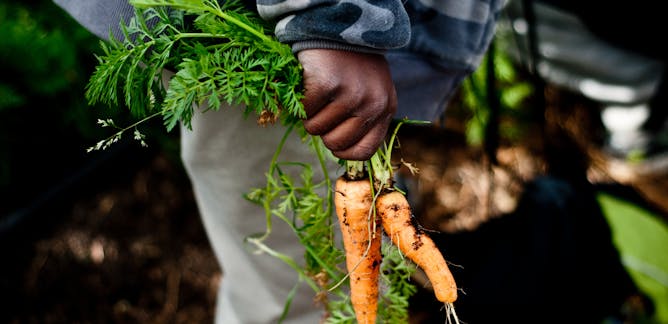
Sheila Colla, York University, Canada
Victory gardens were popular during wartime, and have made a comeback during the current pandemic.
| |
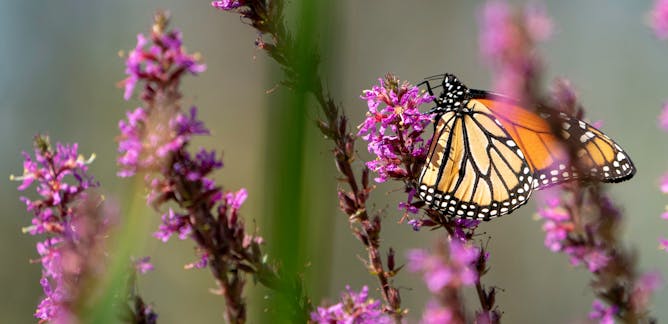
Blane Harvey, McGill University; Emily Diane Sprowls, McGill University; Ying-Syuan (Elaine) Huang, McGill University
Picture this change: Through collaborative garden networks, teachers, schools, children, community partners and universities inspire real learning and transformation for a more sustainable world.
|
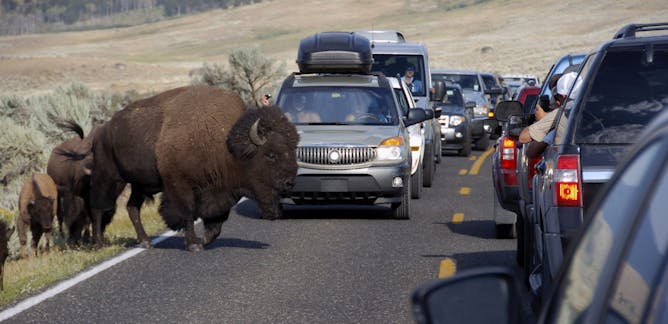
James Stinson, York University, Canada; Elizabeth (Libby) Lunstrum, Boise State University
With national parks closed in many parts of North America, now is the time to rethink how we protect natural areas.
| |

Faustin Etindele, Université du Québec à Montréal (UQAM)
Getting a good night's sleep during COVID-19 confinement can be challenging, but there are ways to get enough shut-eye.
|

Clint Randles, University of South Florida
When a 14-year-old Paul McCartney watched Little Richard in the hit film 'The Girl Can't Help It,' he couldn't have imagined that the two would one day take the stage together.
| |

Christopher Douglas, University of Victoria
The problems of suffering and evil emerging in the coronavirus pandemic occupy popular evangelical fiction. In 'The Shack,' proliferating divine beings harken to a long-standing solution.
|
|
|